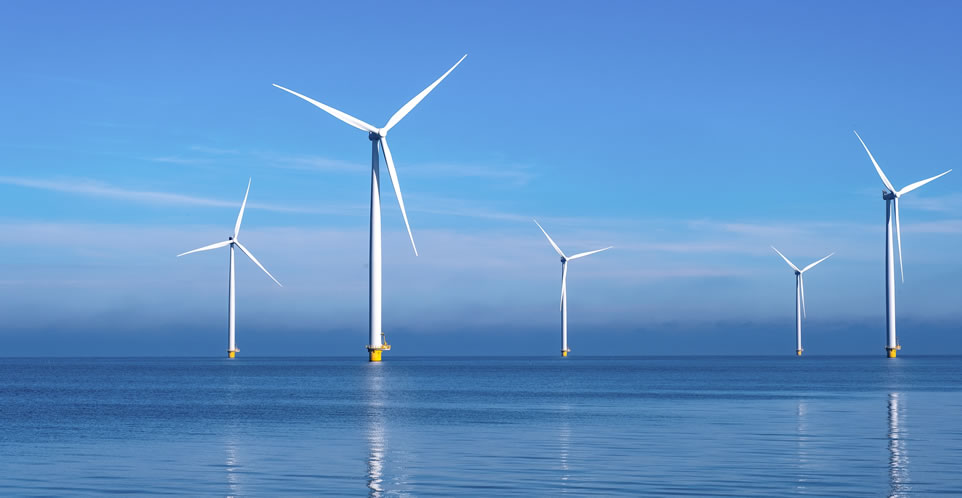
SECTOR: Renewable Energies.
PROJECT: Research on Structural Integrity in Floating Wind Power through Artificial Intelligence-Based Models.
ACHIEVEMENT: To develop organic and hybrid coatings for biofouling and corrosion protection for degradation models.
The aim of the strategic Hazitek INTEGRIA project (https://www.integriaproject.com) (ZE-2023/00026), which received a subsidy under the HAZITEK 2023 call for proposals, is to generate a single integral model comprised of several digital models, based on Artificial Intelligence (AI) elements of the structure (e.g., transition piece, TP), anchoring system, evacuation and power-supply elements, access system, or hydraulic and mechanical systems to control the floating wind turbine.
This project is led by Nautilus Floating Solutions, and the consortium is composed of 12 companies and 3 technology centres: Alerion, Ceit Centro Tecnológico, CIDETEC, CoreMarine, DITREL INDUSTRIAL S.L., ERREKA, GLUAL ENERGY, HINE GROUP, Ibermática, INNOMAT, KERA – COAT, LAULAGUN BEARINGS, NAVACEL PROCESS INDUSTRIES S.A. and TECNALIA.
The sea environment is one of the most aggressive environments in the world, as it combines the presence of harmful chemical agents (e.g., chlorides), with a high degree of stress and cyclic fatigue resulting from the onslaught of waves, wind, and spinning rotor blades throughout the structure’s service life.
In the case of floating wind turbines, it is necessary to bear in mind that in addition to the structures, the lifetime of the mooring systems must be guaranteed for no less than 25 years. Failures are typically due to poor installation or corrosion. It is therefore imperative to properly select the materials that will comprise the structures, their fastening systems, and their protection systems, and to efficiently assess the levels of fatigue, corrosion, and stress to reduce the need for maintenance operations. In this context, the alternative is to develop protection solutions against corrosion and wear, which will increase the lifespan of materials, while simplifying maintenance operations.
In the current wind energy sector, coating systems are based on multi-layer systems with high thicknesses of ≥ 350 µm, resulting in significant material consumption and a high environmental impact.
In this context, the alternative lies in developing protection solutions, not only against corrosion, but also against wear and tear, which increase the service life of the materials and, at the same time, simplify and, in turn, simplify and facilitate maintenance operations. Currently, research is underway on different types of coatings that meet all these described properties. Among them are Direct-To-Metal (DTM) coatings, which fulfill the requirements in a single layer, thus reducing the total thickness of layers and the problems with adhesion between them. Additionally, work is being done on products with bio-components to reduce their environmental footprint. Furthermore, efforts are being made to enhance their repaint ability, thus simplifying maintenance without the need to remove previous layers.
The final factor in the field of floating wind turbines is the eco-sustainability of coatings. Increasing the lifespan and durability of coatings should not lead to an increase in the environmental impact, and therefore this impact should not be overlooked throughout their lifecycle.
To INNOMAT, the main purpose of the project isn’t just to obtain new formulations of organic and hybrid coatings to improve and reduce maintenance operations, but also to design a system of organic coatings, combined with a hybrid primer layer. This entails an industrial application and curing process, which is adapted and parameterized specifically for floating structures.
NAUTILUS will be used as a case study to carry out all the technological innovations. HarshLab will be installed at BIMEP and operated by TECNALIA, and it will serve as an offshore laboratory to validate the research conducted throughout the INTEGRIA project.
Project funded by the Department of Economic Development, Sustainability, and the Environment of the Basque Government (HAZITEK 2023 Program) and the European Regional Development Fund (ERDF).
















